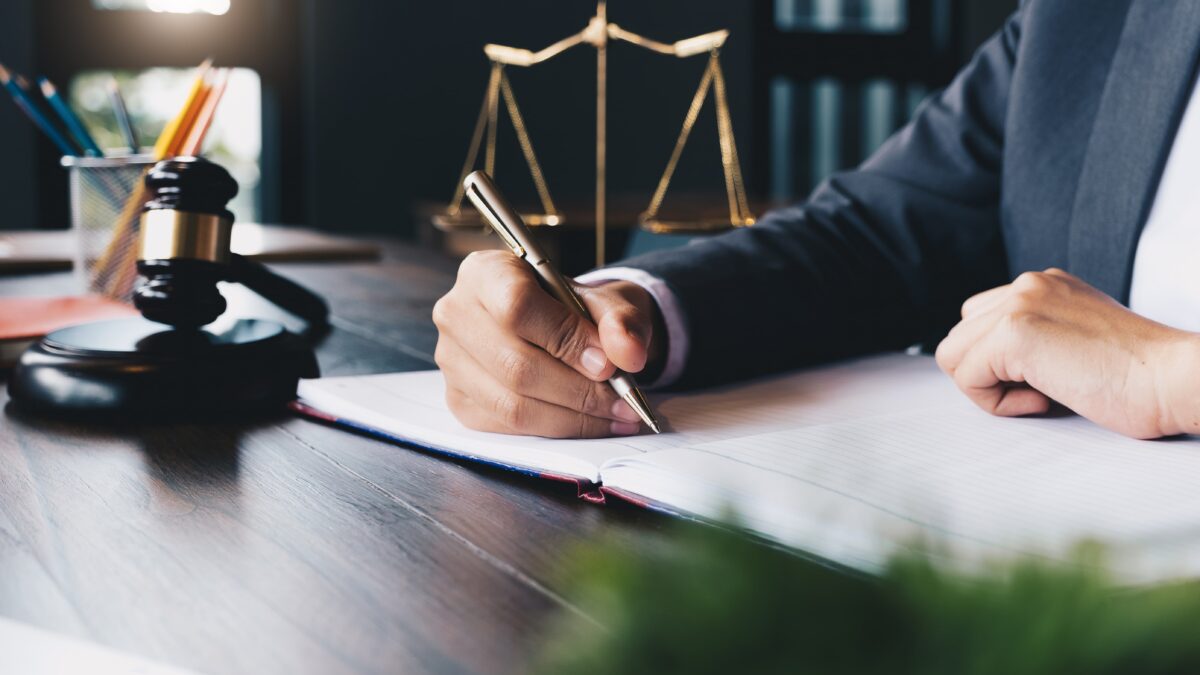In the legal system, the roles and responsibilities of various legal professionals can sometimes be confusing, especially when it comes to differentiating between a prosecutor and a lawyer. Both play essential roles in Canada’s criminal justice system, but their functions and objectives are distinct. In this article, we will explore prosecutor vs lawyer in Canada, their respective roles, and address some frequently asked questions to provide a clear understanding of their roles within the legal landscape.
Understanding the Role of a Lawyer in Canada
What is a Lawyer?
A lawyer, also known as an attorney, is a legal professional who provides legal advice, representation, and services to clients. Lawyers are licensed and trained to advocate for their clients’ interests and offer legal assistance in various areas of law, including criminal, civil, family, corporate, and more.
Responsibilities of a Lawyer
- Legal Advice: Lawyers provide legal counsel to their clients, explaining the law relevant to their situation and guiding them on the best course of action.
- Representation: Lawyers represent their clients in court proceedings, negotiations, and other legal matters.
- Drafting Legal Documents: Lawyers prepare and review legal documents, such as contracts, agreements, and pleadings.
- Negotiation: Lawyers negotiate on behalf of their clients to reach favorable settlements or agreements.
- Advocacy: Lawyers present arguments and evidence in court to support their clients’ positions.
Understanding the Role of a Prosecutor in Canada
What is a Prosecutor?
A prosecutor, also known as a Crown attorney or Crown prosecutor, is a legal professional representing the state or government in criminal proceedings. They are responsible for presenting evidence and arguments to prove the guilt of the accused in criminal cases.
Responsibilities of a Prosecutor
- Representing the Crown: Prosecutors act on behalf of the government and represent the interests of the state in criminal cases.
- Determining Charges: Prosecutors assess the evidence gathered by law enforcement and decide what charges should be laid against the accused.
- Gathering Evidence: Prosecutors gather and prepare the evidence they will present in court to support the charges.
- Presenting the Case: Prosecutors present their case in court, calling witnesses, introducing evidence, and cross-examining defense witnesses.
- Seeking Justice: The primary objective of a prosecutor is to seek justice by ensuring that the guilty are held accountable for their actions and that the innocent are protected.
Differences between a Prosecutor and a Lawyer
The main differences between a prosecutor and a lawyer lie in their roles and the parties they represent:
- Representation: A lawyer represents and advocates for the interests of their clients, whether individuals or organizations. On the other hand, a prosecutor represents the government or state in criminal cases.
- Objective: A lawyer’s goal is to achieve the best outcome for their client, whether it’s a successful defense or a favorable settlement. Conversely, a prosecutor’s objective is to seek justice and prove the guilt of the accused.
- Case Selection: Lawyers choose their cases based on the needs and preferences of their clients. Prosecutors, on the other hand, are assigned cases based on the evidence gathered by law enforcement and the public interest in prosecuting the accused.
Conclusion
In Canada, the roles of a prosecutor and a lawyer are distinct, with each serving different functions within the legal system. Lawyers provide legal representation and advocacy for their clients, while prosecutors represent the government in criminal cases, seeking justice for society as a whole. Understanding the differences between these legal professionals is essential for comprehending the dynamics of the Canadian legal landscape.
Frequently Asked Questions
Can a lawyer also be a prosecutor in Canada?
In Canada, a lawyer can transition between roles and work as a prosecutor for the government or as defense counsel representing individuals or organizations.
Can a lawyer represent both the plaintiff and the defendant in a case?
No, a lawyer cannot represent both the plaintiff and the defendant in the same case as it would create a conflict of interest.
Can a prosecutor drop charges against an accused person?
While prosecutors have the authority to negotiate plea deals and withdraw charges, they must consider the evidence and the public interest in doing so.
Is it possible for a defense lawyer to become a prosecutor later in their career?
Yes, many defense lawyers choose to transition to the role of a prosecutor to gain experience in criminal law from a different perspective.
Can a prosecutor offer legal advice to the accused?
No, a prosecutor’s role is to present the case against the accused, not to provide legal advice to them.


